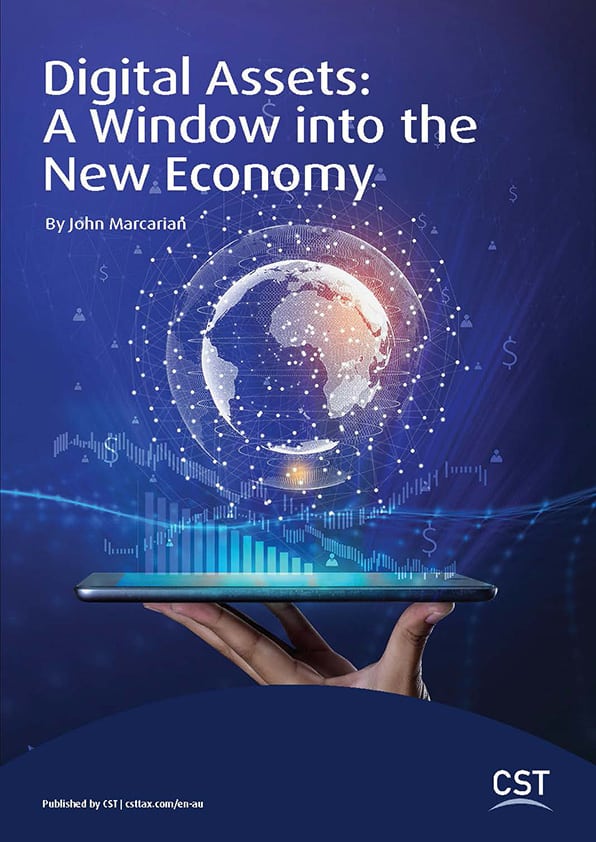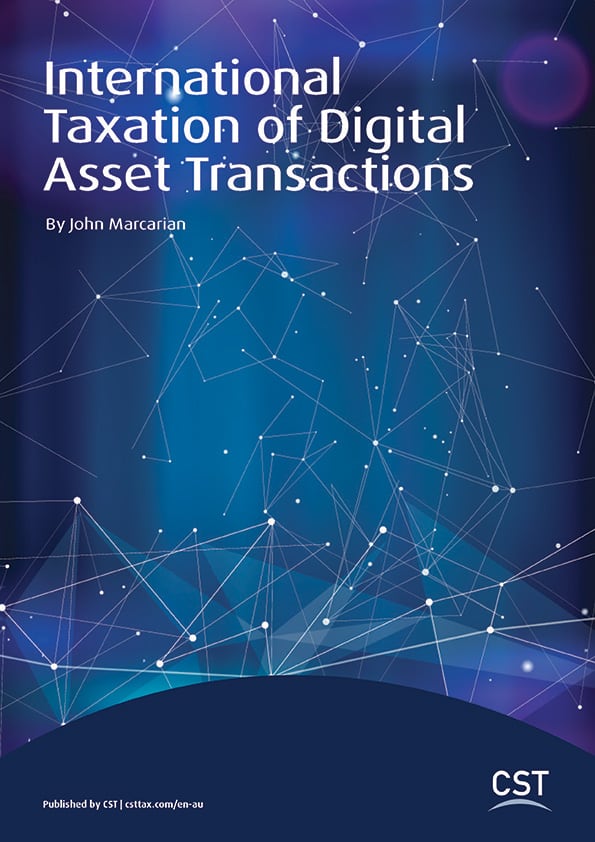While the Federal Government’s Jobkeeper and Cash Flow Boost have wrapped up, the ongoing pandemic and resulting lockdowns continue. This means that businesses and individuals right across the country, particularly in the capital cities, continue to face income loss. As of August 11th 2021, additional economic assistance packages have been announced as a direct result of the most recent lockdowns and restrictions.
FEDERAL GOVERNMENT
At present the government has not reinstated the JobKeeper initiative. Instead, they have provided a payment directly for individuals who have lost work hours.
COVID-19 Disaster Payment
On 3rd June 2021, the Federal Government announced a COVID-19 disaster payment. This is now a tax-free, non-assessable, non-exempt income payment for the individual recipient. At the time this payment was made in response to the Victorian lockdown in May/June, however it was also made available to future Commonwealth declared hotspots.
This payment is aimed at individuals who have lost paid work hours due to the restrictions imposed by lockdowns. The support provided is based on the number of working hours lost:
- Over 20 hours = $750 a week payment
- 8-20 hours = $450 a week payment
- JobSeeker, Austudy, Age pension recipients who have lost at least a full day’s work in a week may also be eligible for a payment of $200 a week.
NEW SOUTH WALES
NSW has a number of measures available to provide economic support due to the current wave of lockdowns.
The NSW 2021 COVID-19 Business Grant and NSW 2021 JobSaver payments are available for NSW businesses (including non-profit organisations and sole traders) with a turnover between $75,000 and $50 million in the 2020 financial year, and have had under $10 million in wages.
NSW COVID-19 Business Grant
Eligible businesses can apply for grants of between $7,500 and $15,000. The amount of the grant depends on the extent to which the business turnover declined during the first 3 weeks of the Greater Sydney lockdown (26 June to 17 July 2021) compared to:
- The same period in 2019; or
- The same period in 2020; or
- The 2 week period immediately before the Greater Sydney lockdown.
The amount of the grant will depend on the decline in turnover:
- 30% or more decline = $7,500 grant
- 50% or more decline = $10,500 grant
- 70% or more decline = $15,000 grant
These grants are likely going to be declared to be tax-free grants. Applications can be made until 13 September 2021.
NSW 2021 JobSaver
The JobSaver cashflow boost is a cashflow boost for eligible businesses available from week 4 of the current NSW lockdown. It is to help businesses maintain their employee headcount. This payment is made in fortnightly amounts based on 40% of their NSW payroll payments, with a minimum of $1,500 a week and a maximum of $100,000 a week.
To receive the payment, the business must maintain their staff levels through the lockdown. Non-employing businesses (sole traders) may receive a payment of $1,000 a week.
Micro Business Grants
For smaller businesses, with turnovers between $30,000 and $75,000 (in the 2020 financial year), who have experienced a decline of at least 30% of their income, but are not able to apply for the previous two grants, the Micro Business Grant is available.
Applications for this grant close on 18 October 2021.
NSW Payroll Tax Concessions
Businesses with under $10 million in payroll for the 2021/2022 financial year, who have experienced a 30% decline in turnover will have their annual payroll tax liability reduced by 25%.
Businesses will also have the option to defer their 2020/2021 annual payment as well as the July and August monthly payments until 7 October 2021.
NSW Land Tax Concessions
Up to 100% relief may be available to residential or commercial landlords who have provided rent reductions to eligible tenants. Note that the property owner cannot apply for this concession as well as the Residential Tenancy Support Payment.
Residential Tenancy Support Payment
Residential landlords with eligible properties may be eligible for grant up to $3,000 if they provide rent reductions to their tenants. They will be eligible for either this grant, or up to 100% land tax concession.
Short Term Eviction Moratorium and Other Tenant Safe Guards
An eviction moratorium is in place until 11 September 2021. Where a residential tenant has lost at least 25% of their income due to COVID-19 (along with other eligibility criteria), the landlord will not be able to evict the tenant prior to mediation.
Targeted Industry Support
Other targeted industry support applies to some of the most hard hit industries (such as tourism and entertainment industries).
VICTORIA
The Victorian government has issued a range of grants to assist businesses impacted by the shutdowns.
Business Costs Assistance Program Round Three (BCAP3)
Eligible businesses who received the Round Two payments (BCAP2) for business costs assistance were automatically paid this additional grant.
Businesses who missed the Business Costs Assistance Program Round Two may be able to apply for the “BCAP2 July Extension” grant instead.
Small Business COVID Hardship Fund
Businesses who were not eligible for support under existing programs but experienced a turnover reduction by at least 70% (and have a payroll of under $10 million) may be able to access pay grants of up to $5,000. A second round of funding under this grant was announced on 6 August 2021. This grant enables Small Businesses to access grants of up to $8,000.
A New Business Continuity Fund
This is an additional grant announced on 28th July 2021, that will be automatically applied to any business that was eligible for the BCAP2 or BCAP2 July Extension, where their business was impacted by capacity limits in the CBD.
Specific Industry Funds
Licensed Hospitality Venues, Alpine Businesses, and Events organisers, have specific grants available for their Industry, due to recognition of the particular hardships that these industries have faced during lockdowns. These grants are between $5,000 and $25,000 for eligible businesses located in areas impacted by the lockdowns.
Commercial Tenancy Relief for Victorian Businesses
This relief involves the reintroduction of the Commercial Tenancy Relief Scheme. Support is also being provided to landlords who provide rent relief. This relief is generally available where the business has a turnover below $50 million and their revenue has reduced by at least 30% due to coronavirus.
QUEENSLAND
Queensland also has a range of grants available, primarily for small to medium businesses. To be eligible, the business must have a turnover of at least $75,000, an annual payroll of under $10 million and a reduction in turnover of at least 30%.
2021 COVID-19 Business Support Grants
Eligible small businesses within areas that were locked down may apply for a $5,000 business support grant. Larger businesses in hospitality and tourism have now been added to this grant, subject to meeting relevant criteria.
Queensland Tourism and Hospitality Package
A range of measures specific to the tourism and hospitality industry includes:
- Deferral of payroll tax liabilities
- Waiving, refunding, or deferring certain fees and licensing costs
- A cleaning rebate to aid eligible businesses and nonprofit entities impacted as potential exposure sites
OTHER
State assistance has also been offered in South Australia, Western Australia, and the Northern Territory.
With lockdowns continuing to be announced, particularly in the Eastern States, it is likely that further extensions, top ups or additional grants will continue to be announced.





